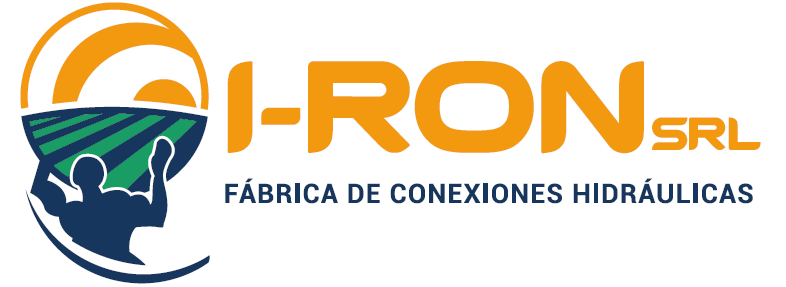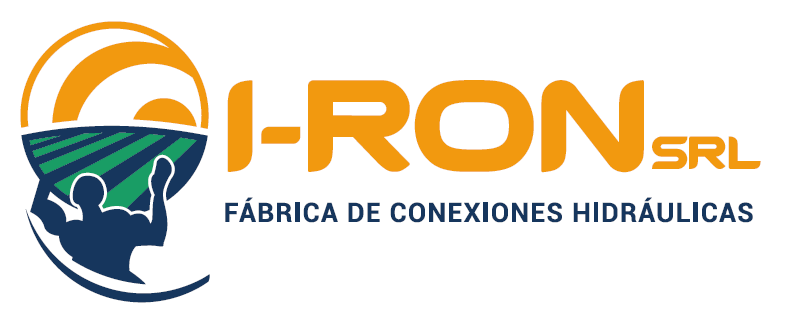Cryptocurrencies have taken the financial world by storm, with thousands of projects popping up every year. While this presents a world of opportunities for investors, it also poses significant risks. With the prevalence of scams and fraudulent schemes in the crypto space, conducting due diligence on crypto projects is paramount to making informed investment decisions. In this article, we will explore the various aspects of due diligence on crypto projects, from evaluating the team behind the project to assessing the technology and market potential.
Team Evaluation One of the first steps in conducting due diligence on a crypto project is evaluating the team behind it. A strong and experienced team with a proven track record is essential for the success of any project. Investors should research the team members’ backgrounds, experience, and previous accomplishments. Social media profiles, LinkedIn pages, and online resumes can provide valuable insights into the team’s qualifications and expertise. Additionally, investors should look for transparency in the team’s communication and a clear roadmap for the project’s development.
Technology Assessment The technology behind a crypto project is a crucial aspect of due diligence. Investors should evaluate the project’s whitepaper, codebase, and technical documentation to understand the underlying technology and its potential for innovation. A thorough review of the project’s Github repository can provide insights into the development progress and the quality of the code. Additionally, investors should assess the project’s scalability, security measures, and consensus mechanism to determine its long-term viability.
Market Analysis Understanding the market potential of a crypto project is essential for making informed investment decisions. Investors should conduct market research to assess the project’s target audience, competitors, and potential for adoption. Analyzing the project’s use case, value proposition, and competitive advantage can help investors determine its long-term viability and potential for growth. Additionally, investors should consider external factors such as regulatory environment, market trends, and industry partnerships that may impact the project’s success.
Tokenomics Evaluation The tokenomics of a crypto project play a significant role in its success and value proposition. Investors should evaluate the project’s token distribution, token utility, and token economics to determine its potential for growth and sustainability. Understanding the token supply, distribution schedule, and token use cases can provide insights into the project’s incentives for users and investors. Additionally, investors should assess the project’s governance model, staking mechanisms, and token issuance policies to determine its long-term viability.
Legal and Regulatory Compliance Ensuring legal and regulatory compliance is crucial when conducting due diligence on crypto projects. Investors should research the project’s legal status, licensing, and compliance with applicable regulations. Assessing the project’s legal counsel, regulatory compliance strategy, and transparency in communication with regulators can help investors determine the project’s legitimacy and compliance with legal requirements. Additionally, investors should consider the project’s jurisdiction, securities laws, and tax implications to mitigate regulatory risks.
Community Engagement Community engagement is a key factor in the success of a crypto project. Investors should evaluate the project’s community support, social media presence, and engagement with users and investors. Monitoring online forums, social media channels, and community discussions can provide valuable insights into the project’s reputation, credibility, and user feedback. Additionally, investors should look for transparency in communication, responsiveness to community feedback, and active community participation in the project’s development.
Risk Assessment Conducting a comprehensive risk assessment is essential when evaluating crypto projects. Investors should identify and mitigate potential risks such as technical vulnerabilities, market volatility, regulatory uncertainty, and team conflicts. Assessing the project’s risk management strategy, security measures, and contingency plans can help investors determine the project’s resilience to external threats and challenges. Additionally, investors should diversify their investment portfolio, conduct ongoing monitoring, and stay informed about market developments to mitigate risks and protect their investments.
Conclusion Conducting due diligence on crypto projects is crucial for making informed investment decisions and avoiding scams and fraudulent schemes. By evaluating the team, technology, market potential, tokenomics, legal compliance, community engagement, and risks of a project, investors can assess its viability, sustainability, and potential for growth. With the rapid pace of innovation and evolution in the crypto space, staying informed, conducting thorough research, and practicing risk management are essential for navigating the complexities of the crypto market and maximizing investment opportunities.

